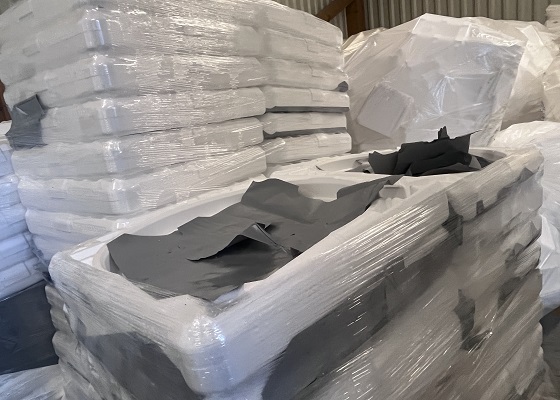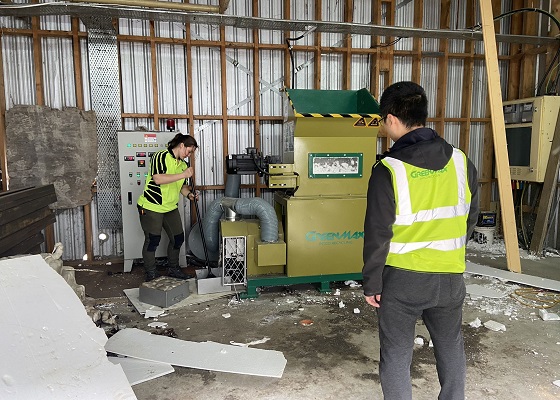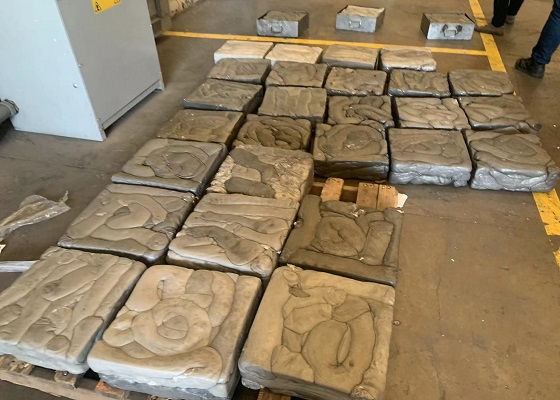EPS densifier helps to recycle EPS packaging and even waste in the catering industry in the Chatham Township
Environmental protection has become an activity that everyone is actively participating in, and many primary and secondary schools have also carried out sustainable development education on environmental protection. Recycling activities have been carried out in areas where conditions permit, not only limited to leftovers, but also degradable waste such as waste paper, such as EPS plastic, which is also actively recycled as much as possible.
Chatham Township is the latest municipality to join the Styrofoam recycling program at the Madison Recycling Center,Due to its proximity to the Great Swamp and "certain environmental concerns," according to Township Administrator Ziad Shehady, the township is unable to operate its own Styrofoam recycling program. This presents a dilemma for the Department of Public Works.

Part of the deal with Madison includes educating residents about what can and cannot be recycled, with the assistance of the Chatham Township Environmental Council. Such training activities are of great significance, not only popularizing the knowledge of recycling, but also promoting the spirit of recycling, allowing more people to participate. But there are two things that are not so satisfying about this recycling campaign.
First of all, there is the issue of the cost of recycling. In related reports, GREENMAX learned that the recycling cost that the town needs to pay is to transport waste EPS from Madison to the supplier in the town of Springfield. As such, these waste EPSs need to be transported twice before they can be reused.
In the process of recycling EPS, transportation costs are the most cost-intensive. EPS waste as packaging is bulky and full of air, and only a few pieces of EPS packaging will occupy a very large storage space. Pretreatment with EPS densifier has become the solution adopted by most EPS recycling projects. EPS densifier is designed to crush, heat and melt, extrude and cool, and finally form dense EPS ingots. The compression ratio of GREENMAX EPS densifier can reach 90:1. It can effectively save unnecessary transportation costs during the recycling process.

Another point is that this event is not able to recycle EPS waste generated by all industries, and the program refuses to recycle EPS from the catering industry. In fact, this is a common phenomenon, because EPS packaging in the catering industry is really not clean enough. This is one of the main reasons why many communities refuse to recycle.However, GREENMAX has figured out a solution to this problem with a unique EPS recycling system that combines EPS cleaning and compression, specifically designed to recycle EPS packaging for the food and beverage industry. If you are interested in EPS recycling system washing & compress, you can always consult GREENMAX.

